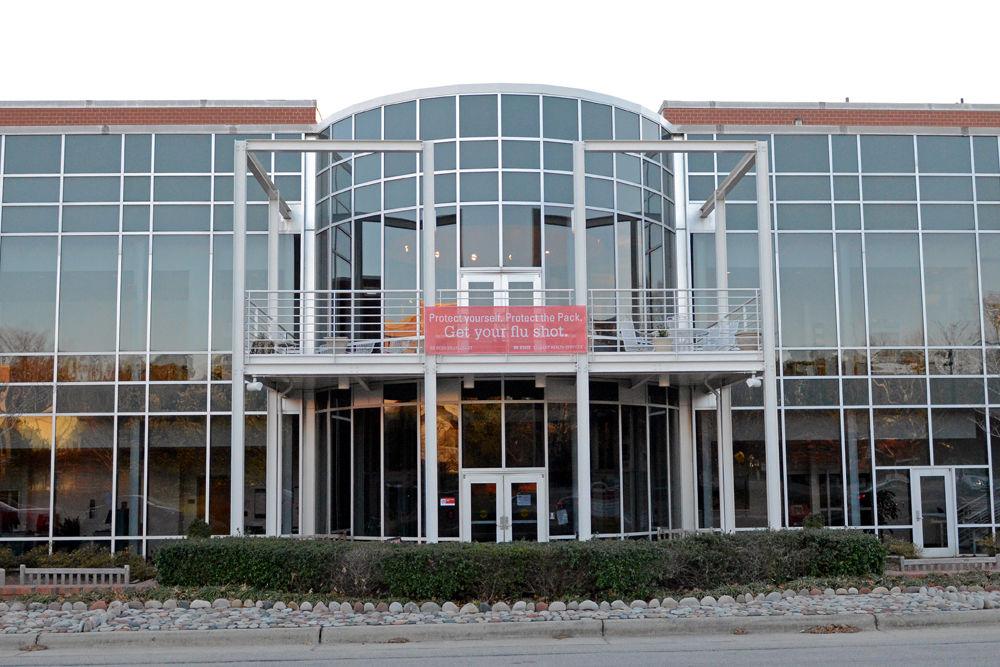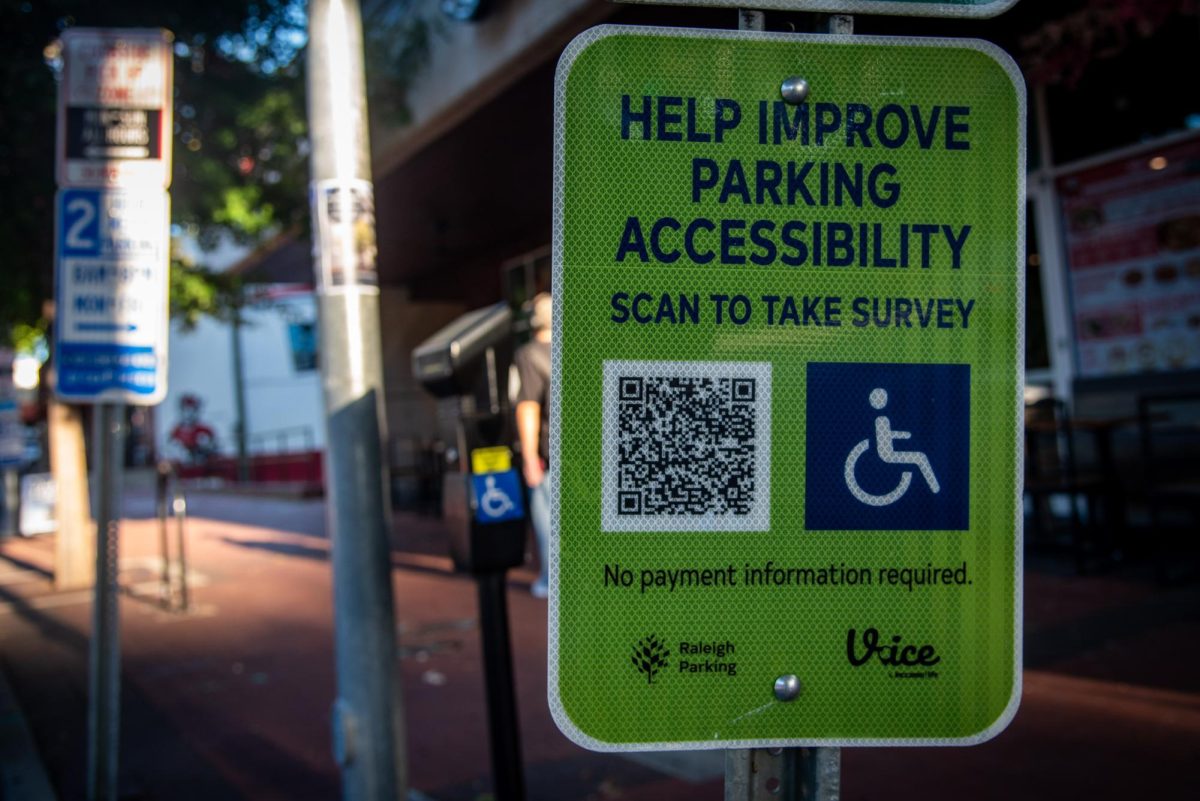NC State Student Health Services has been making a push lately to expand its services on campus to be more inclusive of the transgender community.
One issue the health center has faced is that they cannot put students’ preferred names into their systems. Dr. Julie Casani, Student Health Services director, spoke on how it was difficult to work with the system, but they finally have finally been able to straighten it out.
“One big issue was students using a preferred name instead of their legal name, but we have thankfully gotten that straightened out,” Casani said. “It sounds very simple, but it is not so simple because medical records must be in their legal name. That does not mean in our everyday encounters with a student or patient that we can’t use a preferred name though. It was just a matter of getting it to stick in our system so that every time a student came in we would not have to ask them again what their preferred name is.”
Sarah Throckmorton, a third-year studying science, technology, and society, has been working on a group project for a class to flesh out the issues with the medical programs offices use and the amount of training that medical professionals receive.
“It should be the goal of health care providers to be inclusive without singling trans people out,” Throckmorton said. “Everyone should ask what pronouns they prefer, not just trans people.”
Other barriers the health center has faced is not being able to issue initial hormones by the providers at the health center on campus. Trans students must receive prior authorization still to receive the proper hormone treatments on campus, but the health center has been working to make the process less complex and easier to navigate for students.
The NC State GLBT Center has been acting as a communication liaison between the health center and students.
Andy DeRoin, the Program Coordinator for the GLBT Center at NC State, addressed the difficulties and successes there have been with Student Blue, the health insurance provided to students from Blue Cross and Blue Shield of North Carolina, and providing the necessary hormones for trans students.
“One problem we have run into though is that they have changed the process and have added a prior authorization step,” DeRoin said. “So, someone would need to get a prior authorization sent from their doctor to the insurance company before they can get their hormones filled at that pharmacy or they will have to pay out of pocket and get a reimbursement later.”
The health center is also working with the GLBT Center for additional training for their staff from the process by which students schedule appointments to practitioners to laboratory staff on how to best support trans students and their needs.
The health center is also working with the Women’s Health services to create a more welcoming environment for all students utilizing the services.
“We are working with our new team leader for the woman’s health center to make it, for a lack of a better word, less ‘pink,’” Casani said. “There are transgender students who utilize the women’s health center and are uncomfortable with the femininity there. We want to make it welcoming so we are working on how to do that.”





